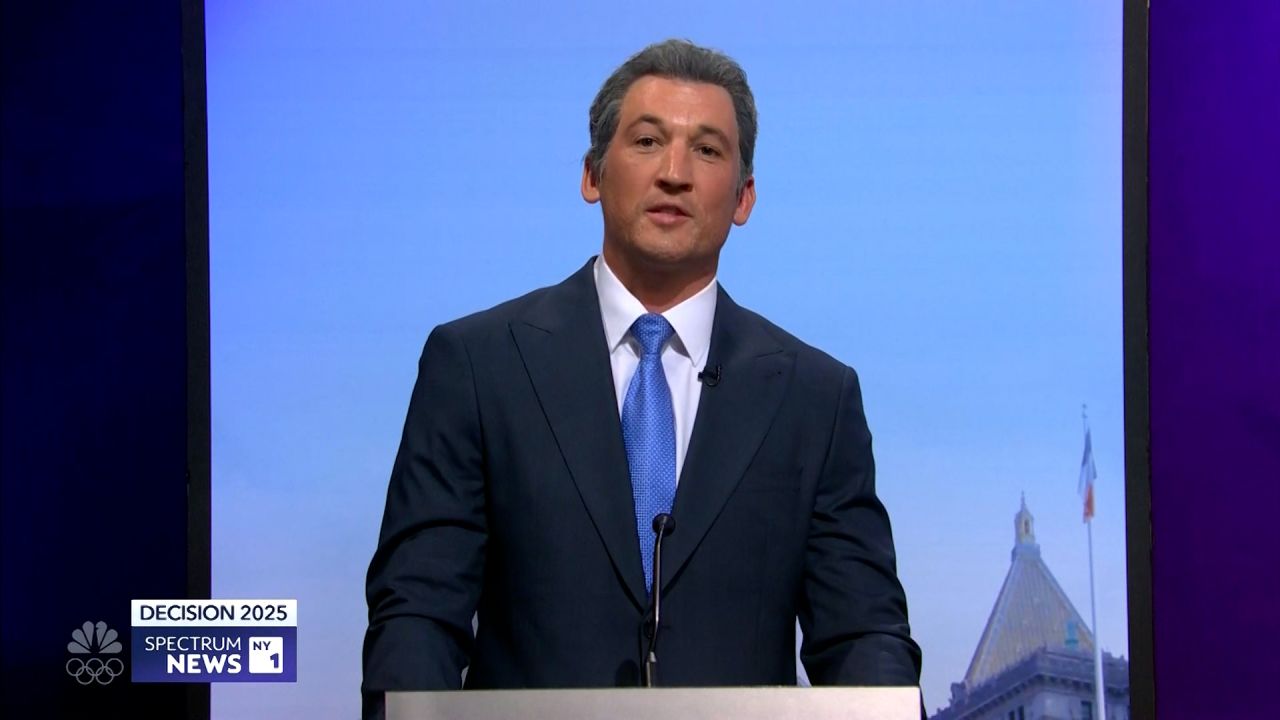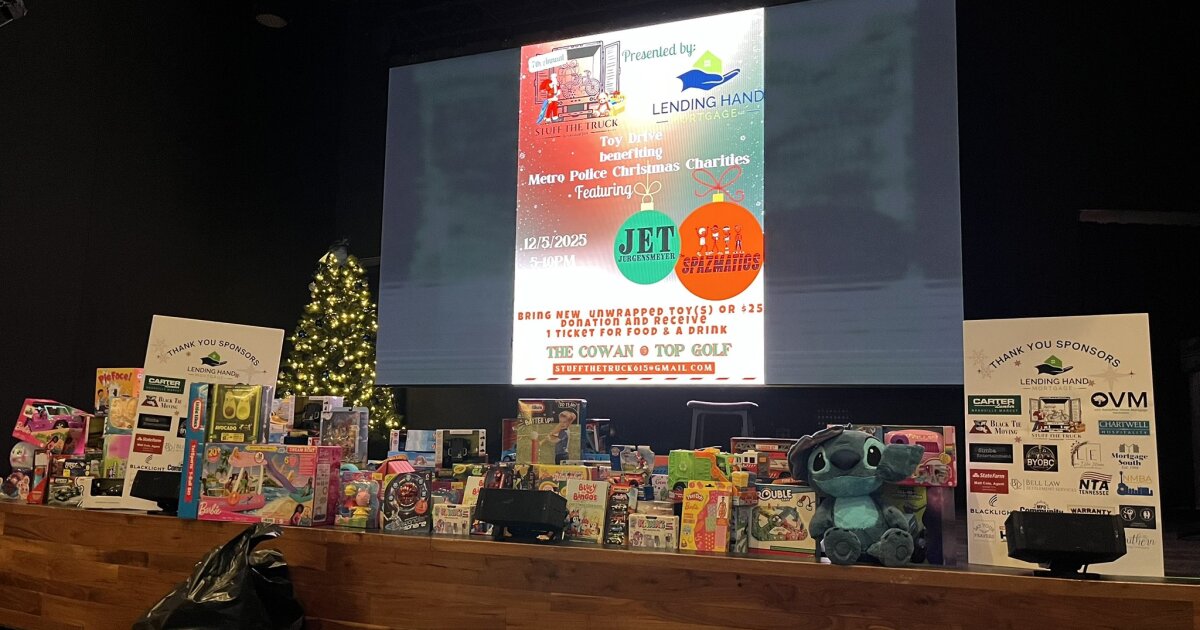In a recent discussion, a reader expressed concern over her son and daughter-in-law allowing their children to interrupt adult conversations, particularly during family visits. This issue highlights the delicate balance grandparents often face in asserting their role while respecting parental choices.
The reader, identified as “Manners Matter,” believes that family visits are an ideal opportunity to teach children about politeness and social etiquette. She recalls her own upbringing, where her mother would remind her and her brother about manners before visiting others. This foundation instilled in them the importance of respecting adults, which she feels is crucial for fostering positive social interactions.
In response, columnist Eric Thomas acknowledged that many readers resonated with Manners Matter’s perspective. He noted that he, too, was raised with the understanding that interrupting adults was not acceptable. While he sympathized with the grandmother’s frustration, he emphasized the power dynamics at play within family relationships.
Thomas pointed out that the grandmother had already communicated her concerns to her son, who had not adjusted his parenting approach. He posed a thought-provoking question: how can one reconcile with family members’ decisions when they differ from personal beliefs? “No grandparent wants their grandchildren to grow up to be rude,” he said, suggesting that patience might yield better results than confrontation.
Shifting to another family matter, a second reader shared her disappointment regarding her niece’s recent marriage. The uncle expressed concern over a lack of communication following his generous wedding gift of $3,500. He noted that no thank-you notes had been sent to him or the other guests, leading him to question the state of their relationship.
In his response, Thomas reiterated the importance of gratitude in maintaining healthy relationships. He called for a revival of thank-you notes, emphasizing that even a simple message can strengthen bonds. He offered two courses of action for the uncle: initiate an open dialogue with his niece about their evolving relationship or send a Christmas card instead of a gift.
By taking these steps, the uncle could express his feelings while navigating the complexities of familial ties. “Your objective is clearer communication,” Thomas advised, noting that this approach could provide a foundation for addressing issues like the missing thank-you notes.
Through these letters, Thomas illuminates the nuanced interactions within families, advocating for communication and understanding. As family dynamics change, the responsibility to foster respect and connection becomes even more vital.






